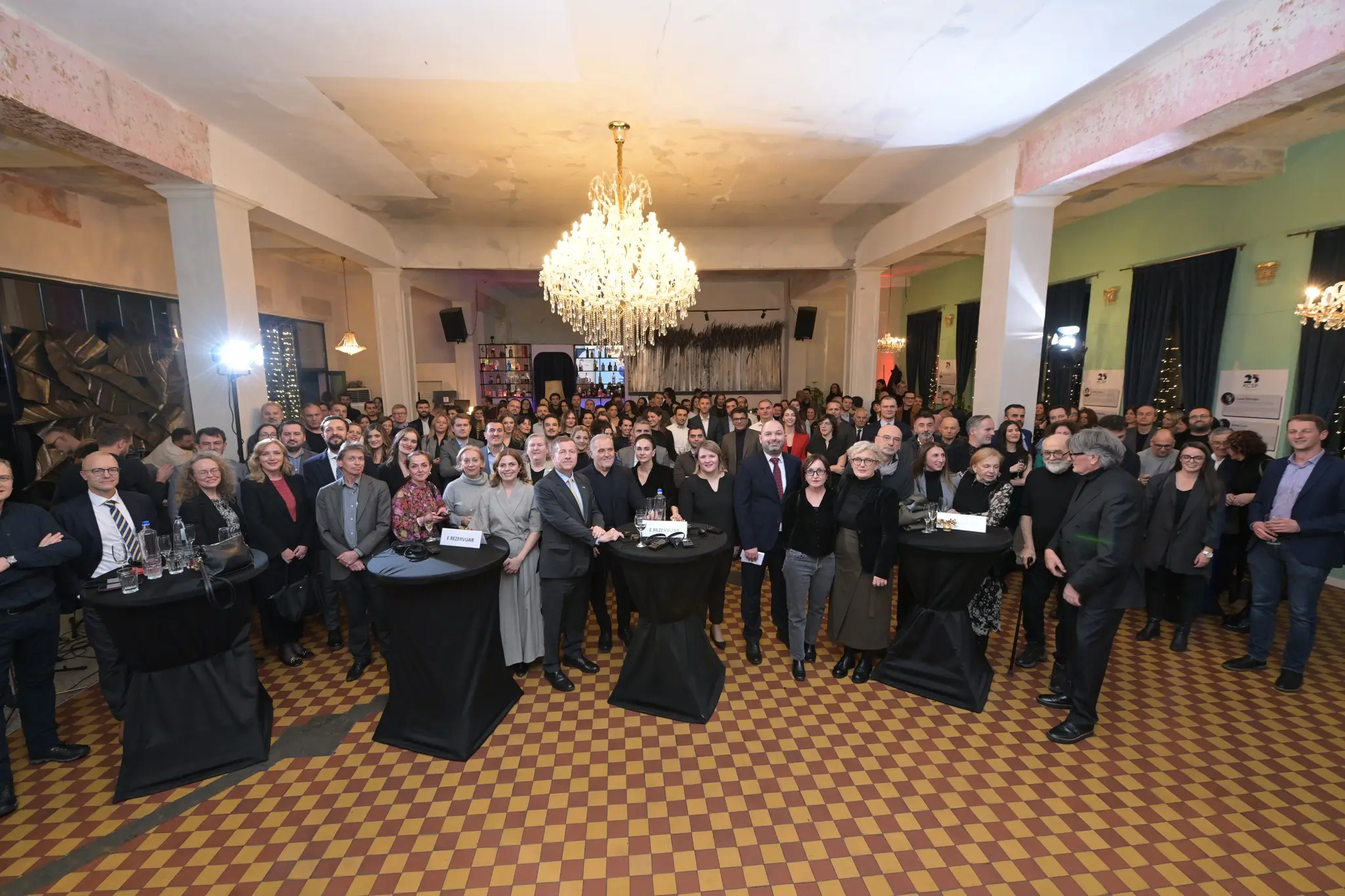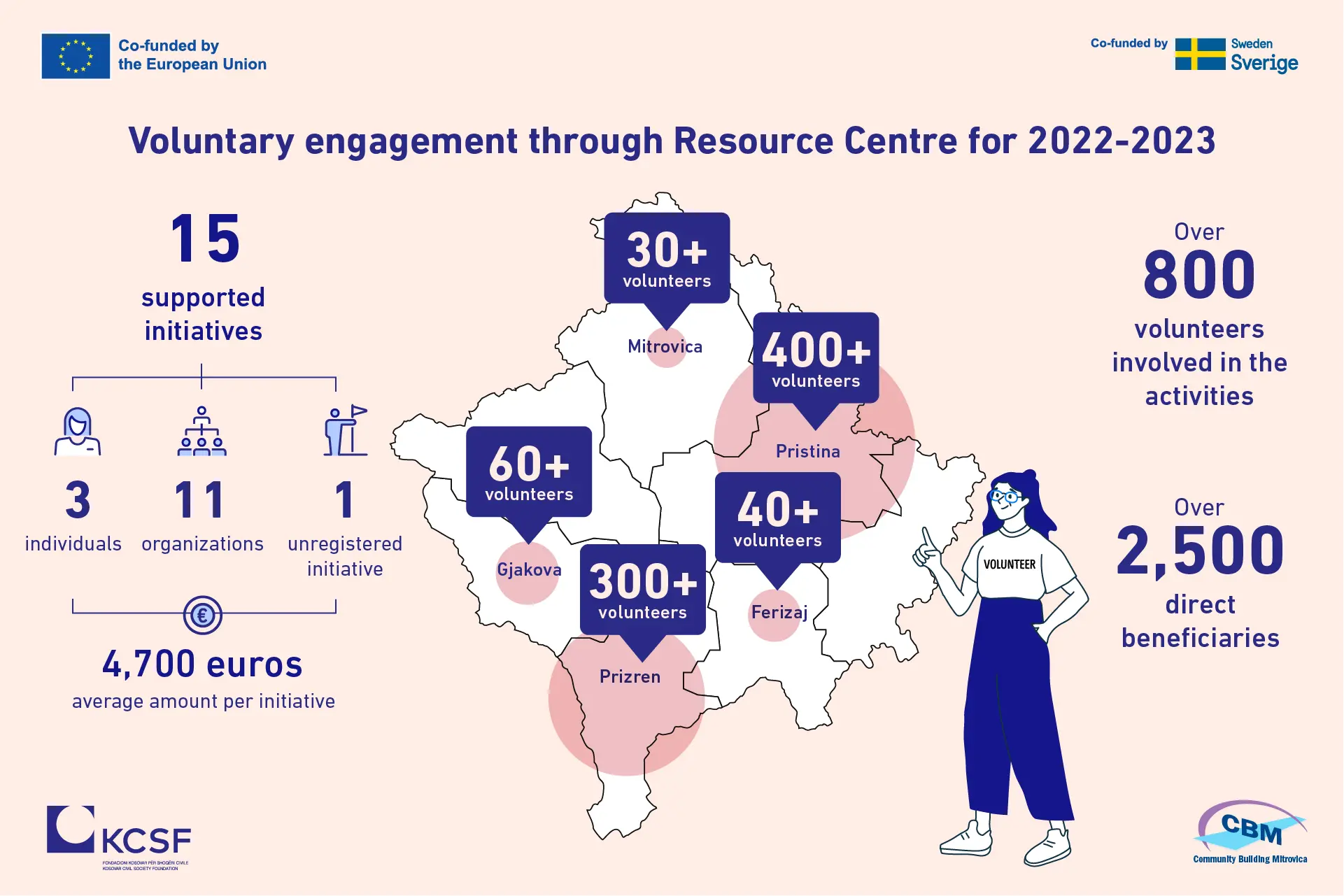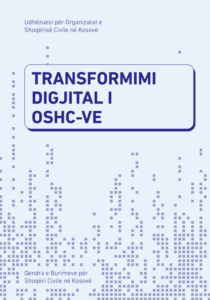1. What does legislation on civil society mean?
Since the main characteristic of the civil sector is the principle of non-distribution of profits, the legal framework that determines regulatory principles of this sector is usually known as “not-for-profit law”.
Civil society organizations act in compliance with the legal framework applicable in the country where they operate, as well as with the principles of international law. At the international level, there are certain documents that determine the main principles of the not-for-profit sector, starting from the Universal Declaration of Human Rights, International Convention for Civil and Political Rights, European Convention of Human Rights, Recommendation CM/Rec(2007)14 of the Committee of Ministers of the Council of Europe for member states regarding the legal status of non-governmental organizations in Europe, etc. National legislation should be in compliance with the principles of these international documents.
2. What is the legal basis for the civil society in Kosovo?
The right and freedom of association are constitutional categories in Kosovo, and to enjoy these rights registration is not mandatory. Starting from the fact that the majority of CSOs in Kosovo are registered as NGOs, we refer to Law Nr.03/L-134 on Freedom of Association in NGOs as the main legal basis for the civil society. This law includes the basic elements of the functioning of NGOs, starting from registration, internal organization, public beneficiary status and dissolution of the NGO.
Other important laws that impact the civil society sector are laws that regulate fiscal issues, respectively tax and custom obligations: Law on Personal Income Tax, Law on Corporate Income Tax, Law on VAT, as well as laws and regulations that govern the manner of work of institutions which NGOs interact with: Rules of Procedure of the Assembly of Kosovo, Rules of Procedure of the Government, Law on Local Self Government and Statute of Municipalities, Law on Access to Official Documents, Law on Legislative Initiatives etc.
3. What is freedom of association?
Freedom of association is a basic human right, guaranteed by the Universal Declaration of Human Rights and other international and European conventions on human rights and freedoms. Freedom of association means the right of each individual to establish an organization with the aim of promoting, addressing and protecting the joint interest of the group without the need for a special permit. Freedom of association is also guaranteed by the Constitution of the Republic of Kosovo which under article 44 determines that: “Freedom of association includes the right of everyone to establish an organization without obtaining any permission, to be or not to be a member of any organization and to participate in the activities of an organization”
4. What does the Law on Freedom of Association in NGOs treat?
The Law on Freedom of Association in NGOs treats the main elements of establishing, organization, internal governance, deregistration and dissolution of the NGOs as well as the main elements of the Public Beneficiary Status.
5. What body is responsible for the implementation of the Law on Freedom of Association in NGOs?
The body responsible for the implementation of the Law on Freedom of Association in NGOs is the Department for Registration and Liaison with NGOs (DRLNGO), within the Ministry of Public Administration.
- What are the obligations of NGOs toward the DRLNGO?
Each NGO is obliged to submit a statement with the DRLNGO confirming that its basic information has not changed, or to inform about the changes to that information. If this statement is not submitted 2 years in a row, the NGO shall be deregistered, following a notice from the DRLNGO 60 days prior to the expiration of deadline. Also, in case there are changes to the Statute of the NGO, all NGOs are obliged to present those changes to the DRLNGO.
7. What does Public Beneficiary Status mean?
Public Beneficiary Status is a concept related to civil society organizations which develop their mission or activities to the benefit of the general public or of a certain group and which is in the interest of the general public. This concept means that such organizations provide services or carry out works which otherwise would be the obligation of the state. For this reason, the state provides these organizations with certain benefits, mostly tax, for the purpose of encouraging and supporting their work. On the other hand, since they enjoy various benefits from the state, these organizations take over additional obligations of reporting and accountability towards the public, respectively towards using these benefits or public funds.
8. How can the Public Beneficiary Status be obtained?
In Kosovo, the Public Beneficiary Status can be obtained from the time of registration or also later while the organization is operating. NGOs may apply for the Public Beneficiary Status if the primary activities of the NGO are one or more activities which are considered to be for the benefit of the public. This is a yearly status and to continue keeping this status, the organization has to successfully fulfill obligations that stem from holding this status.
9. What types of activities are considered to be of public benefit?
Based on Article 17, par. 1 of the Law on Freedom of Association in NGOs, to obtain the status of a public beneficiary, an NGO has to have as its primary activity one or more of the following: humanitarian assistance and relief, support for persons with disabilities, charity activities, education, health, culture, youth, sports, environmental conservation or protection, economic reconstruction and development, protection and promotion of human rights, support for democratic practices and civil society or any other activity that serves the public beneficiary. This list is not a final list, respectively this may be expanded with other activities that are considered to be for the benefit of the public. However, the interpretation of the possibility of expanding this list is an exclusive competency of the DRLNGO. Also, it is important to differentiate between educational and health activities, which in order to be considered activities that benefit the general public must be offered freely or cheaper than the real market value and this for individuals or groups that are in unfavorable conditions. Similarly, activities for economic development may be considered to be for the benefit of the public only if they are undertaken primarily to the benefit of individuals or groups that are in unfavorable conditions. This distinction is related to preventing unfair competition that can occur for these specific fields on behalf of tax exemption.
10. What are the benefits to organizations that enjoy the Public Beneficiary Status?
In Kosovo, since 2004, breaks and benefits for organization with Public Beneficiary Status are nearly non-existent. The Law on Freedom of Association in NGOs foresees that organizations with Public Beneficiary Status enjoy the right to be exempted from tax and other tax and fiscal benefits, with the exception of those that are in essence obligations for public utility services. However, these tax breaks and benefits need to be determined and put into operation or use accurately through other laws that are specific i.e. Law on VAT, Law on personal income tax, Law on corporate income tax etc. These laws offer a very limited number of tax benefits. Specifically, tax exemptions for corporate income is made possible, to the extent that the income is used exclusively for public benefit purposes; exemption from immovable property tax, except when that property is used for commercial purposes or to create profit. Also, tax exemption on personal and corporate income is made possible for private entities that contribute to humanitarian, health, education religious, scientific, cultural, environmental protection and sports purposes and are permitted in the form of discounts at the maximum amount of five percent (5%) of taxable income calculated before this amount is deducted, provided that the receiving party is an NGO with Public Beneficiary Status.
11. What are the obligations of organizations with Public Beneficiary Status in Kosovo?
Based on the Law on Freedom of Association in NGOs, organizations with a Public Beneficiary Status are subjected to certain additional obligations of reporting to the DRLNGO. Organizations with a Public Beneficiary Status need to hand in an annual financial report and a report on activities of the organization to the DRLNGO. The report needs to be delivered latest by March 31 of the following year. Also, organizations with a Public Beneficiary Status with income or annual expenditure in excess of EUR 100,000 need to present a financial audit report for the previous year, certified by an independent auditor, to the DRLNGO.
12. How to register an NGO?
For registration, founders need to hand in to the DRLNGO a registration request, founding act and statute, as well as designate an authorized representative who shall receive all the documentation on behalf of the organization. DRLNGO must issue a registration certificate within a deadline of at most 60 days, except in cases where additional documents are requested or registration is denied in writing. Depending on whether the NGO is registered as an association or foundation, the number of founders and the structure of governance differ. An association may be founded by at least three (3) or more individuals, where at least one of them has a residence or seat in Kosovo. A foundation may be registered by one or more persons. A foundation also may be founded through a will or bequeath.
13. What is the difference between associations and foundations?
Associations are membership organizations whereas foundations are established to manage an asset or a fund and as such have no members. The highest governing body of an association is the Assembly of Members, which must convene at least once a year. All the members of the CSO (or all member organizations with one member each, in cases when the association is a network of a number of organizations) are represented in the Assembly of Members. The highest governing body of a foundation is the Board of Directors, which must convene at least once a year. The Board of Directors is appointed by the founder of the foundation (just the first composition), whereas following this, the members of the board will be elected by the Board itself.





